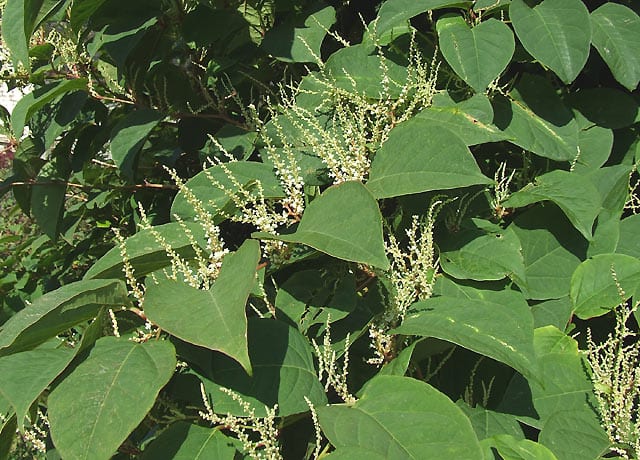
Selling A House With Japanese Knotweed
Since being introduced to Britain in the early 19th century, Japanese knotweed has spread far and wide across the country, with very few corners of the land remaining unaffected. It has been labelled as an invasive plant by the government and has become enshrined in Japanese knotweed law. Selling a house with Japanese Knotweed has been made difficult due to the requirements of removing the hardy plant, for both neighbours and new tenants.
Selling a house with Japanese Knotweed can be a stringent process, elongating the time it can take to successfully solidify a sale. Utilising our extremely simplified buying process, our clients receive a great deal, along with a fast solution to selling a house with Japanese Knotweed.
Is Selling A House With Japanese Knotweed Legal?
Selling a house with Japanese Knotweed is entirely legal, however, you may need to take some extra measures to ensure that potential buyers feel comfortable purchasing the house and confident that they will be able to secure a mortgage from their bank. This could involve either completely removing the plant from the property, or paying upfront for an insurance-backed treatment plan.
These extra measures can be detrimental when selling a house with Japanese Knotweed. There is a large stigma surrounding selling a house with Japanese Knotweed within the industry, and it is generally frowned upon. The best route to take is utilising a Japanese Knotweed removal service, like our specialists are CYB. We have years of experience removing the weed and irradiating it from properties for good.
Does Selling A House With Japanese Knotweed Cause Devaluation?
Selling a house with Japanese Knotweed can devalue the property between 5-15%, generally speaking. There have been cases where homes have been almost completely devalued as a result of severe infestations, however, these are rare occurrences.
The extent to which a property is devalued will depend on the severity of the infestation and the proximity of the knotweed to the home. This devaluation will usually be equivalent to the cost of removing the plant and restoring the property to its original value. Selling a house with Japanese Knotweed may leave property owners disheartened, but our buying offers remain high, also leaving us to handle the infestation of Japanese Knotweed.
Remove Japanese Knotweed Now!
With years of experience in Japanese Knotweed Removal, our team at CYB Environmental are true specialists. Contact our team today to enquire about our services. We remove Japanese Knotweed with the use of specialised equipment, ensuring the weed doesn’t return.


